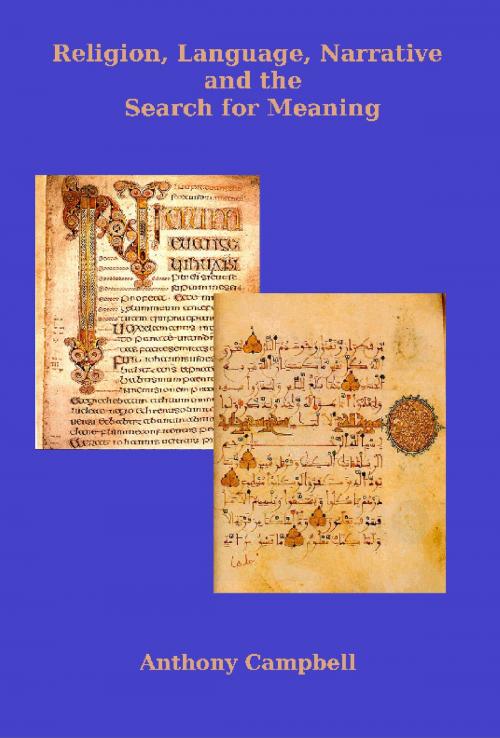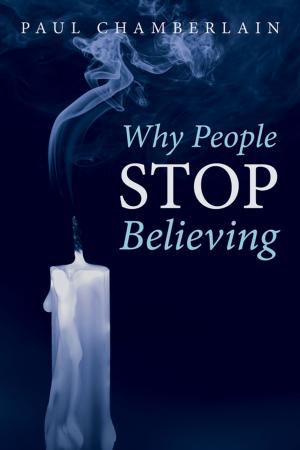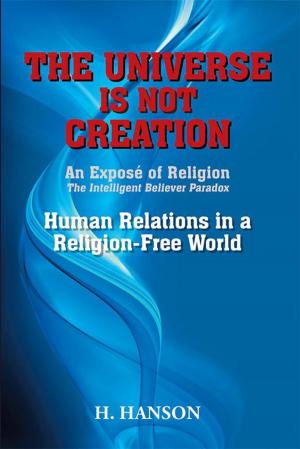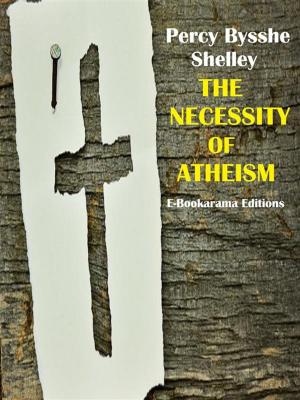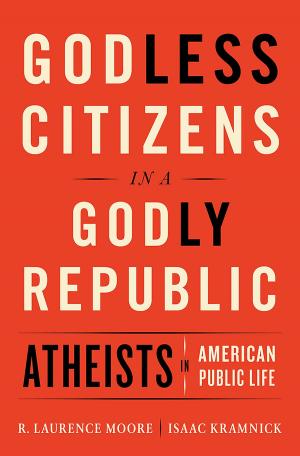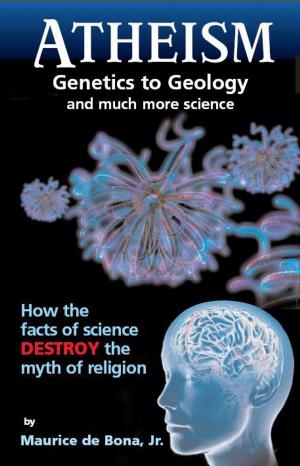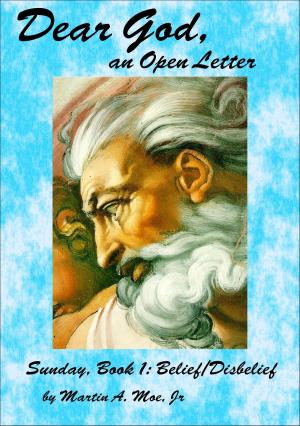Religion, Language, Narrative and the Search for Meaning
Nonfiction, Religion & Spirituality, Reference, Psychology of Religion, Other Practices, Atheism| Author: | Anthony Campbell | ISBN: | 9781452349916 |
| Publisher: | Anthony Campbell | Publication: | October 29, 2009 |
| Imprint: | Smashwords Edition | Language: | English |
| Author: | Anthony Campbell |
| ISBN: | 9781452349916 |
| Publisher: | Anthony Campbell |
| Publication: | October 29, 2009 |
| Imprint: | Smashwords Edition |
| Language: | English |
This book is about the origin of religion. I take it for granted that an explanation should be based on evolution, but this does not, in itself, imply that religion is necessarily false. All our thought processes, including our rationality, have after all been shaped by evolution, so religion is no different. There are philosophers and scientists of repute who fully accept the importance of Darwin's great idea yet find they can reconcile this with religious beliefs of various kinds. As they see it, evolution is the means God has used to shape His creation, and the fact that humans have evolved to be religious is evidence that He wanted us to be aware of His existence. So there is no necessary incompatibility between naturalistic and religious explanations for religion; both may be true simultaneously. You don't have to be daft to be religious.
In the opening chapters I look at two views of religion. One is that there is really nothing to explain: religion results from a misfiring in the mechanism of the brain. The opposite view is that religion emerges from deep layers of the mind and is probably the most important feature of human consciousness.
I then go on to look at the connections between religion and language. This leads on to a consideration of the role of narrative in religion, which I think is central.
Unlike some, I think that altered states of consciousness have been important in shaping religion. Dreams, visions, and 'mystical' experiences have probably characterised our species for as long as we have been fully human, and I find it incredible that they would not have influenced our religious beliefs in all kinds of ways. In particular, they would have helped to shape our ideas of death and the afterlife. In any case, they are certainly important in how we think about religion today.
Finally, I look at the implications of these ideas for the future of religion, and conclude that attempts to argue religion out of existence on rationalist or scientific grounds are unlikely to succeed. The reason is that human beings nearly always find a lack of meaning in their lives to be intolerable. Death is the ultimate negation of meaning, and religions offer us a way of coming to terms with that and accommodating it in our consciousness. Religions exist because they tell us stories about who we are, where we come from, and where we are going, and the human mind will always tend to generate narratives of this kind.
This book is about the origin of religion. I take it for granted that an explanation should be based on evolution, but this does not, in itself, imply that religion is necessarily false. All our thought processes, including our rationality, have after all been shaped by evolution, so religion is no different. There are philosophers and scientists of repute who fully accept the importance of Darwin's great idea yet find they can reconcile this with religious beliefs of various kinds. As they see it, evolution is the means God has used to shape His creation, and the fact that humans have evolved to be religious is evidence that He wanted us to be aware of His existence. So there is no necessary incompatibility between naturalistic and religious explanations for religion; both may be true simultaneously. You don't have to be daft to be religious.
In the opening chapters I look at two views of religion. One is that there is really nothing to explain: religion results from a misfiring in the mechanism of the brain. The opposite view is that religion emerges from deep layers of the mind and is probably the most important feature of human consciousness.
I then go on to look at the connections between religion and language. This leads on to a consideration of the role of narrative in religion, which I think is central.
Unlike some, I think that altered states of consciousness have been important in shaping religion. Dreams, visions, and 'mystical' experiences have probably characterised our species for as long as we have been fully human, and I find it incredible that they would not have influenced our religious beliefs in all kinds of ways. In particular, they would have helped to shape our ideas of death and the afterlife. In any case, they are certainly important in how we think about religion today.
Finally, I look at the implications of these ideas for the future of religion, and conclude that attempts to argue religion out of existence on rationalist or scientific grounds are unlikely to succeed. The reason is that human beings nearly always find a lack of meaning in their lives to be intolerable. Death is the ultimate negation of meaning, and religions offer us a way of coming to terms with that and accommodating it in our consciousness. Religions exist because they tell us stories about who we are, where we come from, and where we are going, and the human mind will always tend to generate narratives of this kind.
